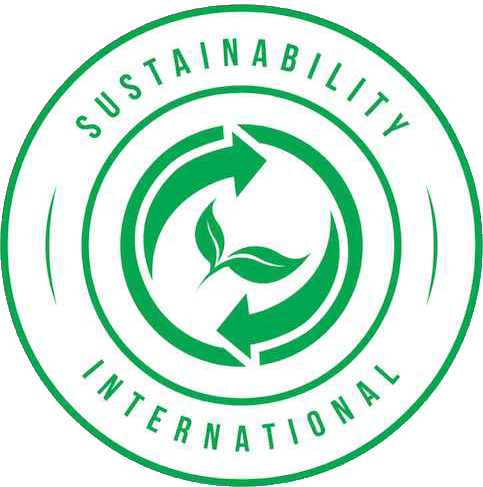The Seven Sins Of GreenWashing!
Greenwashing is the deceptive use of green marketing or green PR to promote the perception that an organization’s products, services, or policies are environmentally friendly.
Greenwashing can be as simple as mislabeling a product falsely claiming that it is eco-friendly when it does not meet the criteria.

Let’s examine the 7 sins of GreenWashing and learn about each sin individually.
Narrowly Defined Claim
A claim suggesting that a product is ‘green’ based on a narrow set of attributes without attention to other important environmental issues.
Paper, for example, is not necessarily environmentally-preferable just because it comes from a sustainably-harvested forest.
Other important environmental issues in the paper-making process, such as greenhouse gas emissions, or chlorine use in bleaching may be equally important.
Unsubstantiated Claim
An environmental claim that cannot be substantiated by easily accessible supporting information or by a reliable third-party certification.
Common examples are facial tissues or toilet tissue products that claim various percentages of post-consumer recycled content without providing evidence.
Broadly Defined Claim
A claim that is so poorly defined or broad that its real meaning is likely to be misunderstood by the consumer.
‘All-natural’ is an example. Arsenic, uranium, mercury, and formaldehyde are all naturally occurring, and poisonous. ‘All natural’ isn’t necessarily ‘green’.
Third Party Endorsement Claim
A product that, through either words or images, gives the impression of third-party endorsement where no such endorsement exists; in other words it’s simply fake labeling.
Unproven Environmental Claim
An environmental claim that may be truthful but is unimportant or unhelpful for consumers seeking environmentally preferable products.
‘CFC-free’ is a common example, since it is a frequent claim despite the fact that CFCs are banned by law.
True Only In Category Claim
A claim that may be true within the product category, but that risks distracting the consumer from the greater environmental impacts of the category as a whole.
Organic cigarettes could be an example of this Sin, as might the fuel-efficient sport-utility vehicle.
Simply False Claim
Environmental claims that are simply false. The most common examples were products falsely claiming to be Energy Star certified or registered.
Weak Regulations Condone Greenwashing
Critics of the practice suggest that the rise of greenwashing, paired with ineffective regulation, contributes to consumer skepticism of all green claims, and diminishes the power of the consumer in driving companies toward greener solutions for manufacturing processes and business operations.
Corporations Posture and Deceive
Many corporations use greenwashing to help them repair public perception of their brand. Corporate disclosures are often written to maximize perceptions of legitimacy.
Social and environmental accounting research shows that without external monitoring to verify claims greenwashing strategies allow corporate posturing and deception.
Calculate Your Carbon Footprint
If you would like to calculate your Carbon Footprint, follow the link to the free carbon footprint calculator of the United States Environmental Protection Agency.








